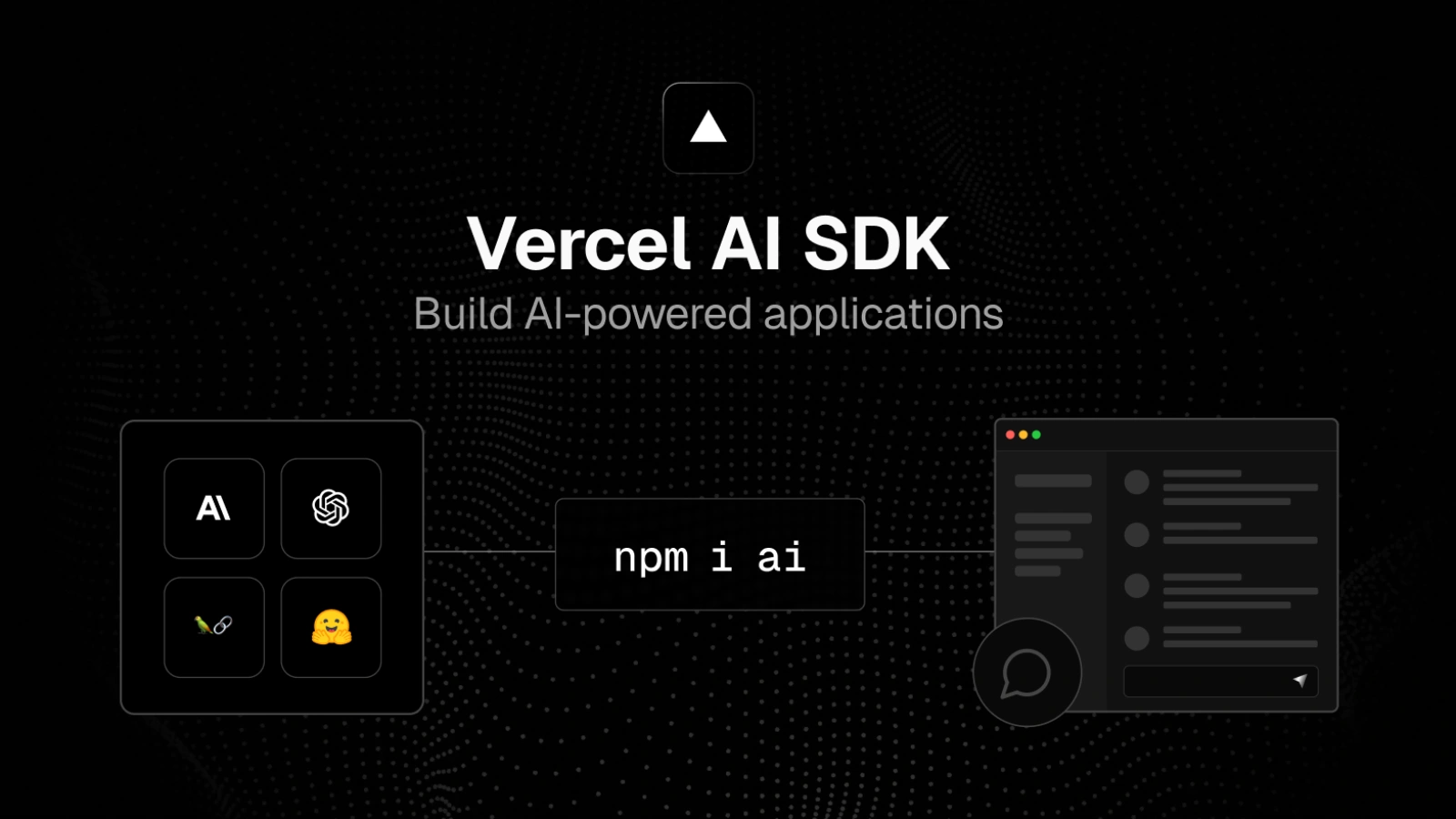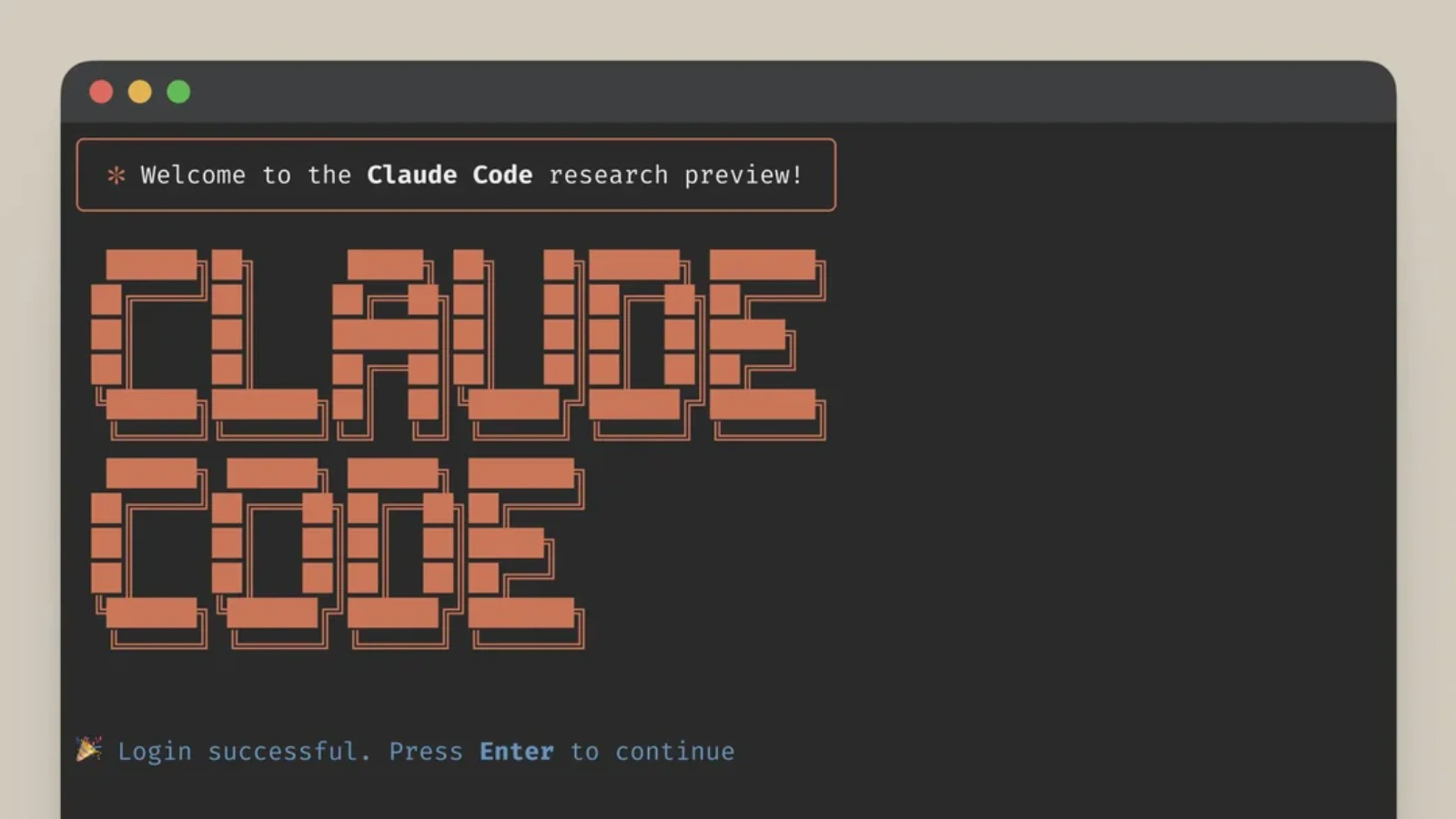Building AI-powered applications has never been more accessible, yet the technical complexity of integrating large language models (LLMs) remains a significant barrier for many developers. Each AI provider—OpenAI, Anthropic, Google, xAI—comes with its own SDK, authentication methods, and implementation patterns. This fragmentation forces developers to spend valuable time wrestling with technical details instead of focusing on what matters: creating exceptional user experiences.
Enter the Vercel AI SDK, a free, open-source TypeScript toolkit that fundamentally changes how developers build AI-powered applications. Created by the team behind Next.js, this revolutionary library provides a unified interface for working with multiple AI providers, streaming responses, and building sophisticated AI agents—all with a consistent, developer-friendly API.
What Makes the AI SDK Different
At its core, the AI SDK solves a critical problem: provider lock-in. Traditional approaches require you to deeply integrate with a specific AI provider's SDK. Switching from OpenAI to Anthropic or Google? That means rewriting significant portions of your codebase.
The AI SDK standardizes AI model integration across providers. Want to experiment with different models? Simply change a single line of code:
Instead of learning separate APIs for each provider, developers work with a unified interface. This abstraction doesn't sacrifice functionality—you still get access to advanced features like streaming, tool calling, and structured output generation, but with a consistent developer experience regardless of which model you choose.
Two Powerful Libraries in One
The AI SDK is actually composed of two complementary libraries, each designed for specific use cases:
AI SDK Core provides the foundational APIs for working with LLMs. It handles text generation, structured data output, tool calling, and agent orchestration. This is where the heavy lifting happens—streaming responses, managing conversation state, and executing complex multi-step AI workflows.
AI SDK UI offers framework-agnostic hooks that make it trivial to build chat interfaces and generative user experiences. Whether you're working with React, Vue, Svelte, or another framework, you get pre-built hooks like useChat and useCompletion that handle the complexities of streaming, message management, and error handling.
Why Developers Love the AI SDK
The developer community has embraced the AI SDK enthusiastically, and for good reason. The combination of thoughtful abstractions, excellent documentation, and rapid iteration has made it the go-to choice for building AI features in TypeScript applications.
One of the most praised aspects is the streaming support. Rather than forcing users to wait for complete AI responses, the SDK makes it trivial to stream tokens as they're generated. This creates a more responsive, engaging user experience that feels modern and polished.
The SDK also excels at structured output generation. Need JSON data that conforms to a specific schema? The generateObject function leverages TypeScript types to ensure type-safe, validated responses. This is invaluable for building reliable AI features that integrate seamlessly with your existing codebase.
Perhaps most impressively, the AI SDK makes tool calling and agent workflows accessible to developers who might otherwise find these concepts intimidating. The SDK automatically handles the complexity of multi-step tool execution, error recovery, and conversation state management.
Supported Providers and Models
The AI SDK supports an impressive range of model providers, giving developers the flexibility to choose the right model for their specific use case:
- xAI Grok - Latest Grok models with advanced reasoning capabilities
- OpenAI - GPT-4, GPT-4 Turbo, and GPT-3.5 models
- Anthropic - Claude 3.5 Sonnet, Claude 3 Opus, and other Claude variants
- Google - Gemini models via both Generative AI and Vertex AI
- Amazon Bedrock - Access to multiple models through AWS
- Groq - Ultra-fast inference for supported models
- Mistral - Open-source model options
- DeepSeek - Cost-effective alternatives
- Perplexity - Real-time web search capabilities
Each provider integration supports core features like text generation, structured objects, and tool calling, though specific capabilities (like image generation or vision) vary by model.
Getting Started Is Remarkably Simple
One of the AI SDK's greatest strengths is how quickly you can go from concept to working prototype. Installation takes seconds:
npm install ai
From there, generating text with any supported model requires just a few lines of code. The SDK handles authentication via environment variables, making it easy to keep API keys secure while maintaining a clean codebase.
The official documentation provides comprehensive guides for integrating with Next.js (both App Router and Pages Router), SvelteKit, Nuxt, and even vanilla Node.js applications. There's also a growing ecosystem of templates and starter kits that demonstrate best practices for common use cases like chatbots, RAG (retrieval-augmented generation) systems, and generative UI.
Framework-Agnostic by Design
While the AI SDK was created by Vercel, it's not limited to Next.js applications. The core library works anywhere TypeScript runs: Node.js backends, Deno, edge runtimes, and even React Native with Expo.
The UI hooks adapt to your framework of choice. Building a Vue application? Use the AI SDK with Nuxt. Prefer Svelte? The hooks work seamlessly with SvelteKit. This flexibility means you can standardize on the AI SDK across your entire organization, regardless of which frontend framework different teams prefer.
Advanced Features for Production Applications
Beyond basic text generation, the AI SDK provides sophisticated features needed for production AI applications:
Language Model Middleware allows you to intercept and modify requests and responses, enabling use cases like guardrails, content filtering, and logging. This is crucial for building safe, compliant AI features.
Telemetry integration with OpenTelemetry provides visibility into your AI operations. Track token usage, latency, error rates, and other metrics essential for monitoring production applications.
Error handling is built in and standardized across providers. The SDK provides typed error objects that make it easy to handle different failure modes gracefully.
Model Context Protocol (MCP) support enables building agents that can interact with external tools and data sources, opening up possibilities for complex, autonomous AI workflows.
The Future of AI Development
The AI SDK represents a significant step forward in making AI development accessible and maintainable. By abstracting away provider-specific complexities while preserving access to advanced features, it enables developers to focus on creating value rather than managing technical debt.
As the AI landscape continues to evolve—with new models, providers, and capabilities emerging constantly—having a unified, well-maintained abstraction layer becomes increasingly valuable. The AI SDK's active development and strong community support suggest it will continue to adapt and improve alongside the broader AI ecosystem.
For developers building AI-powered applications in 2025 and beyond, the Vercel AI SDK has quickly become an essential tool. Whether you're building a simple chatbot or a complex multi-agent system, the SDK provides the foundation you need to ship reliable, performant AI features faster.



